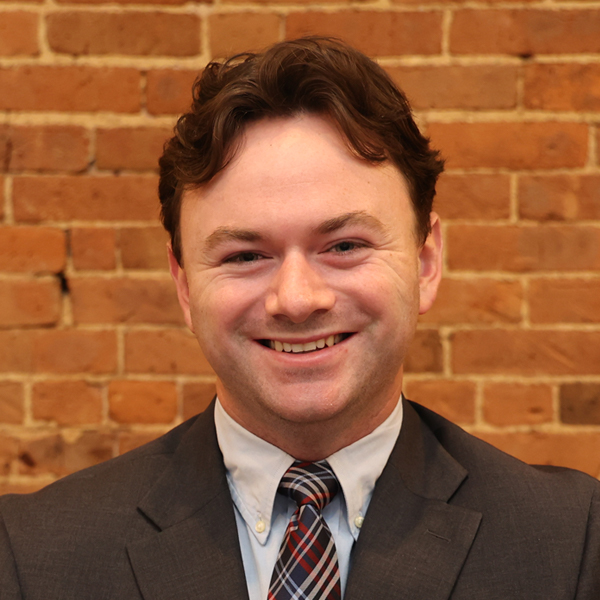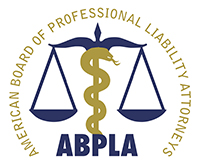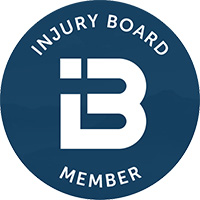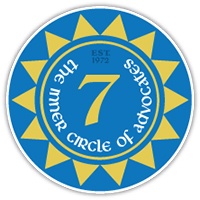
Can a Spinal Cord Injury Get Worse?
Spinal cord injuries are medical emergencies that require urgent medical treatment to reduce long-term effects. Serious damage to the spinal cord is not always immediately apparent in the aftermath of an auto wreck or other accident. The longer a spinal cord injury goes undiagnosed and untreated, the worse the injury may become.
Paralysis does not always occur the instant a spinal cord injury happens. Symptoms may slowly manifest as the damaged area of the spinal cord bleeds and swells. The time that passes between a spinal cord injury and its treatment can have a significant impact on the extent of damage that is done, the treatment options that are available, and a victim’s potential recovery.
The Providence spinal cord injury lawyers at Mandell, Boisclair & Mandell, Ltd. have been fighting on behalf of seriously injured Rhode Islanders for more than 45 years. In addition to achieving landmark decisions in a wide range of personal injury cases, our firm has helped change state law. We know the challenges you may be facing after a spinal cord injury and we are committed to pursuing the maximum compensation you need to move forward.
How Can a Spinal Cord Injury Become Worse?
Treatment for spinal cord injuries is focused on preventing further harm and helping injury victims return to active and productive lives.
Traumatic spinal cord injuries not only harm the spinal cord at the point of initial impact. A primary injury can trigger what is known as a secondary injury cascade, which may include several injury-related issues that occur weeks or even months down the road. Secondary injuries can hinder the spinal cord’s ability to recover, leading to future dysfunction and pain.
Primary Spinal Cord Injuries
A primary spinal cord injury is the initial structural damage to the spine.
Secondary Injury Cascade
A primary spinal cord injury, and the resulting cellular damage, can trigger a secondary injury cascade. As the name implies, secondary injury cascades involve a series of issues that develop soon after a primary injury and can continue for months after the initial trauma.
A secondary injury cascade may include a series of events such as:
- Cell death within the spinal cord
- Damage to blood vessels causes spinal cord inflammation
- Inflammation leads to compression of the spinal cord, worsening the primary injury
Prompt medical attention is crucial after a spinal cord injury, not only to treat the damage of the initial trauma but also to prevent further complications, such as a secondary injury cascade.
Psychological Impact of Spinal Cord Injuries
In addition to physical problems, the emotional wellness of a spinal cord injury survivor can worsen over time. A recent study by the Mayo Clinic found that people with spinal cord injuries are at greater risk of developing mental health disorders, including anxiety and depression, compared to those without these injuries.
Specifically, the study determined that individuals with spinal cord injuries had a higher rate of experiencing:
- Psychogenic pain: 1.0% vs 0.2%
- Drug dependence: 2.3%vs 0.8%
- Alcohol dependence: 2.4% vs 1.0%
- Depressive disorders: 29.3% vs 9.3%
- Anxiety disorders: 19.3% vs 14.1%
- Having more than two mental health conditions: 37.4% vs 23.9%
- Dementia: 6.5% vs 1.5%
- Insomnia: 10.9% vs 7.2%
When To Seek Medical Care After a Spinal Cord Injury
The need for emergency medical attention is immediately apparent in some spinal cord injury cases. However, in other cases, symptoms may not fully emerge until after a prolonged period of time.
If you were involved in an accident, seek prompt medical attention if you experience any of the following symptoms:
- Significant back pain
- Chronic back pain
- Stinging sensations along the spinal cord
- Pressure in the head, neck, or back
- Partial or complete loss of control over any part of your body
- Numbness or loss of sensation in the fingers, hands, or toes
- Impaired breathing
- Muscle spasticity
- Bladder or bowel control issues
- Exaggerated reflexes
- Sexual dysfunction
- Loss of sensation, including feeling cold and heat
Even if you experience only mild symptoms after an accident, it is important to seek medical attention as soon as possible. Spinal cord injuries can worsen when they are not diagnosed and treated in time.
Call a Providence Spinal Cord Injury Lawyer for Free
If you suffered a spinal cord injury because of someone else’s negligence, you deserve compensation for your physical, emotional, and financial losses. It is in your best interests to seek the counsel of an experienced spinal cord injury lawyer to ensure you achieve the best possible outcome in your case. Mandell, Boisclair & Mandell, Ltd. can help. The first step toward justice in your case begins with a free initial consultation with one of our knowledgeable attorneys.
Call Mandell, Boisclair & Mandell, Ltd. today at (401) 273-8330 to speak with a spinal cord injury lawyer for free. We proudly serve Providence and other areas throughout Rhode Island.






























